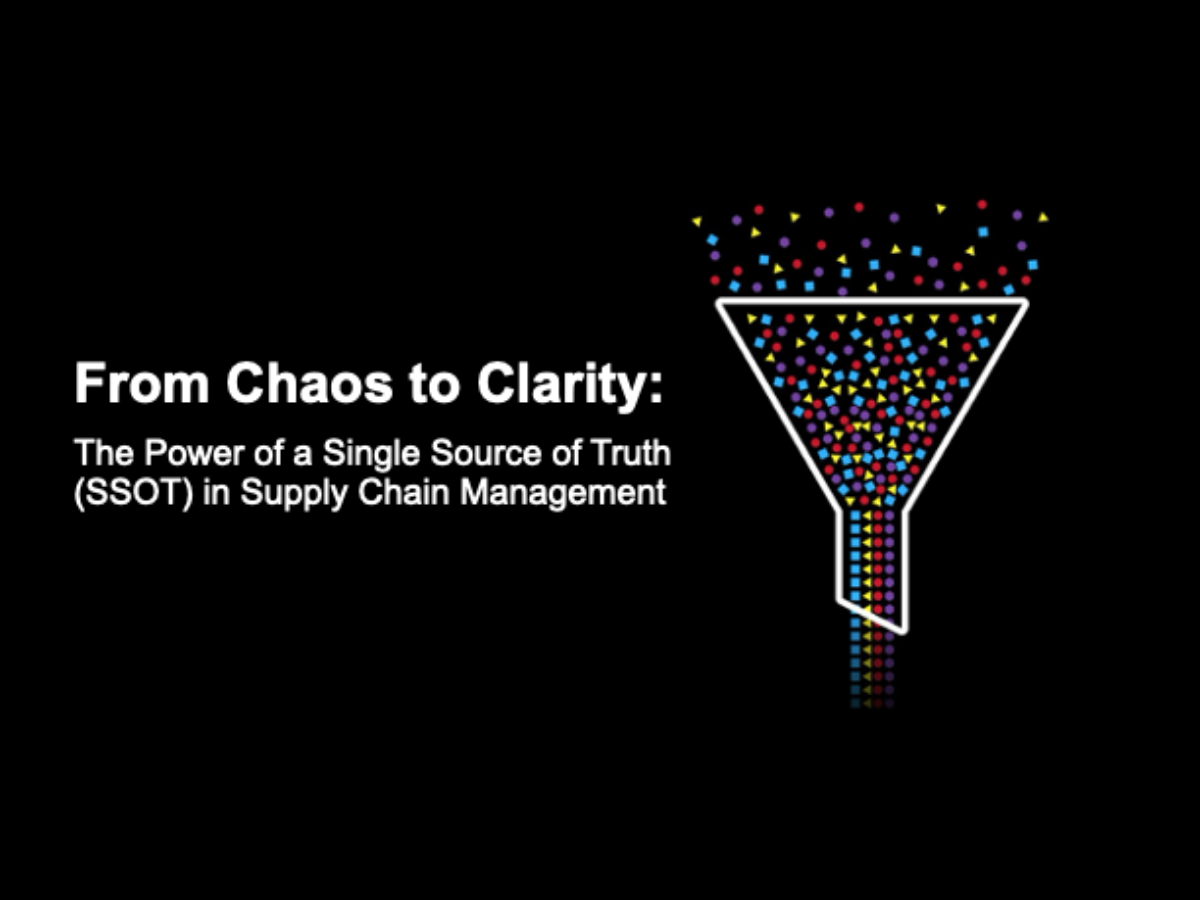The Federal Inland Revenue Service (FIRS) has introduced a mandatory e-Invoicing and electronic reporting system under the Monitoring, Billing, and Settlement (MBS) platform, a major milestone in Nigeria’s tax digitization journey.
This
initiative aims to improve transparency, close revenue leakages, and automate
the exchange of transactional data between taxpayers and FIRS. The policy
requires all registered taxpayers including large corporations,
multinationals, and SMEs to integrate their financial and invoicing systems
with the FIRS platform for real-time validation and reporting of business
transactions.
With
implementation deadlines approaching, understanding what this policy entails
and how to integrate effectively has become critical for financial leaders and
compliance officers.
What the FIRS e-Invoicing Policy Means for Businesses
The
e-Invoicing mandate requires companies to electronically transmit all invoice
data related to taxable transactions to the FIRS through the MBS platform.
This digital transformation ensures that every invoice raised by a business is authenticated and validated in real-time before being shared with buyers or posted to accounting records.
Key objectives of the policy include:
- Reducing tax evasion and increasing transparency in business transactions.
- Enhancing data accuracy for improved audit readiness and compliance monitoring.
- Simplifying the tax submission process by integrating directly into the FIRS ecosystem.
- Modernizing business operations through automation of invoicing and reporting.
Who Needs to Comply?
This regulation applies to:
- Corporate organizations and multinationals operating in Nigeria.
- Small and medium enterprises (SMEs) registered for VAT or corporate tax.
- Government contractors and service providers required to issue FIRS-validated invoice.
In essence, any entity generating taxable invoices must connect their accounting, ERP, or invoicing systems to the FIRS-approved MBS platform.
Challenges Businesses Face
While the benefits are clear, many organizations face practical challenges, such as:
- Integrating legacy ERP systems (like SAP, Sage, or Dynamics) with FIRS APIs.
- Ensuring data security during real-time invoice transmission.
- Managing workflow disruptions during the transition phase.
- Maintaining compliance without increasing operational complexity.
These
challenges highlight the importance of working with a certified systems
integrator experienced in enterprise solution deployment and financial systems
automation.
How Excite Panacea Helps Businesses Achieve Compliance
Excite
Panacea Limited, a FIRS-authorized systems integrator, provides end to end
integration and enablement services that help businesses comply seamlessly with
the new e-Invoicing mandate.
With deep experience in enterprise system integration, ERP customization, and financial automation, Excite helps organizations:
- Integrate existing ERP or invoicing systems with the FIRS MBS platform securely and efficiently.
- Ensure data accuracy and encryption compliance during invoice transmission.
- Automate invoice validation, reporting, and tax submission processes.
- Provide real-time monitoring dashboards for compliance tracking.
- Deliver technical support and continuous updates as FIRS policies evolve.
By partnering with Excite Panacea, CFOs, CIOs, and
compliance teams can reduce manual intervention, strengthen audit trails, and
modernize financial reporting all while maintaining regulatory compliance and
operational agility.
Why Early Integration Matters
Businesses that act early stand to benefit from:
- Avoiding penalties and disruptions once enforcement begins.
- Improved internal visibility into revenue and tax performance.
- Reduced reconciliation errors across departments.
- Stronger data governance in line with FIRS security standards.
Timely compliance also sends a strong message to regulators and stakeholders about the organization’s commitment to transparency and digital transformation.
Getting Started
To
begin your compliance journey, companies are advised to:
- Assess existing financial systems for
integration readiness.
- Engage
a FIRS authorized systems integrator like Excite Panacea to manage
technical implementation.
- Test
and validate the connection with the MBS platform.
- Train
finance and IT teams on new compliance workflows.
Excite
experts are available to guide your organization through every stage from
readiness assessment to post-integration support ensuring a seamless transition
with minimal business disruption.
Conclusion
Nigeria’s
e-Invoicing and MBS compliance initiative represents a pivotal shift toward a
smarter, more transparent, and data driven economy. For businesses, it’s more
than a regulatory obligation. it’s an opportunity to modernize financial
operations, reduce risks, and strengthen governance.
With
Excite Panacea as your trusted integration partner, your organization can
achieve full FIRS compliance confidently while transforming invoicing and
reporting into a streamlined, automated, and insight-driven process.
Ready to Get Started?
Don’t wait until enforcement begins.
Contact Excite Panacea today to schedule your compliance readiness assessment and integrate your financial systems seamlessly with the FIRS MBS platform.
👉 Visit https://excitepanacea.com/e-invoicing to get started.
















